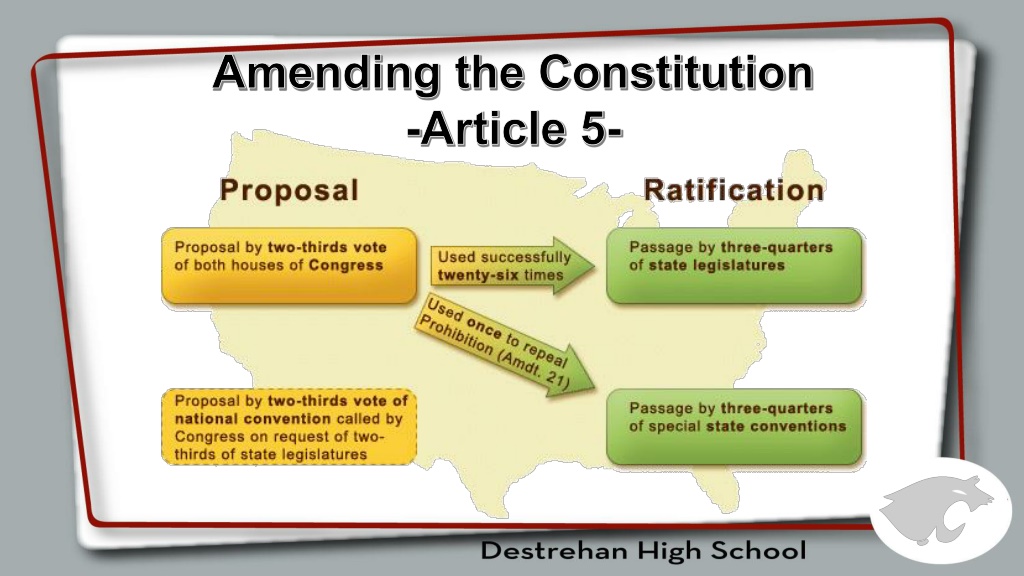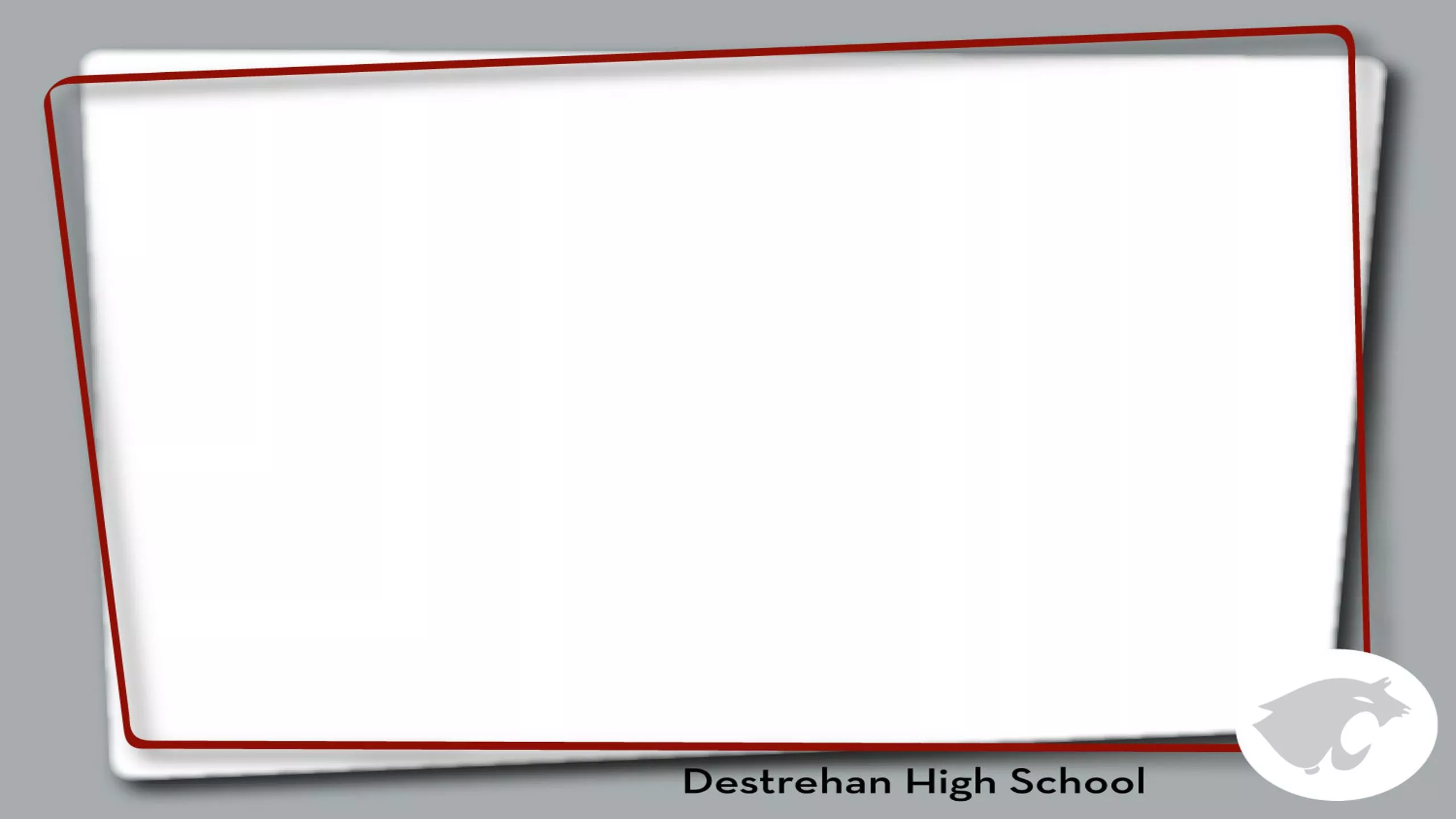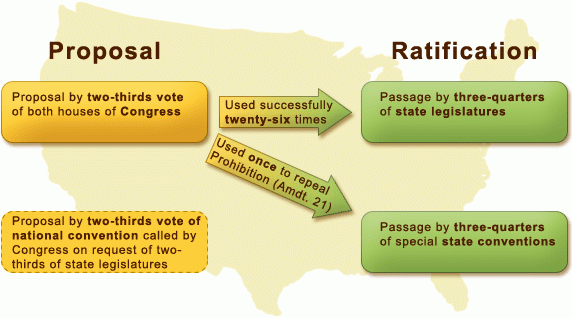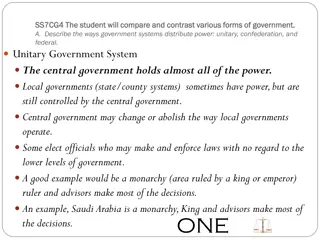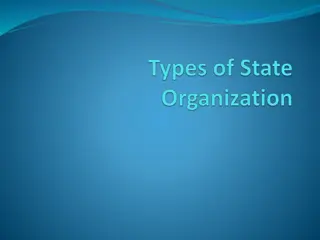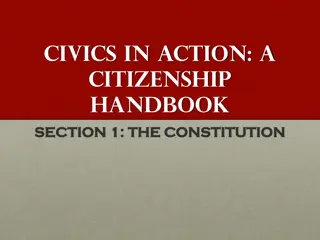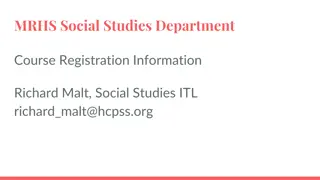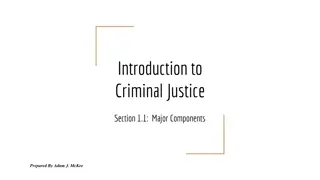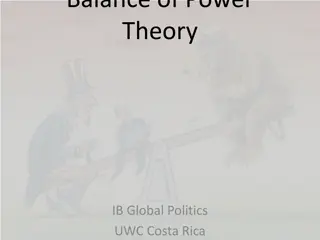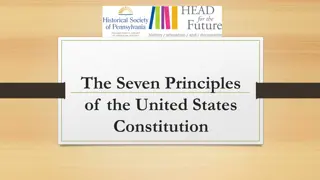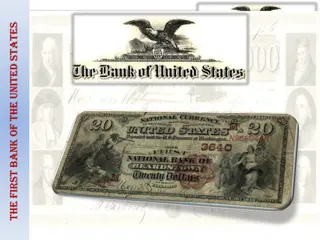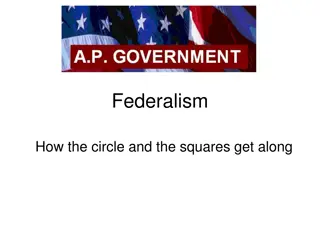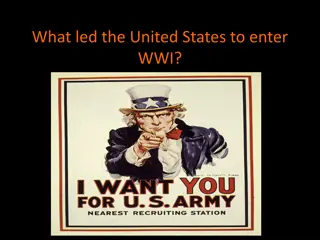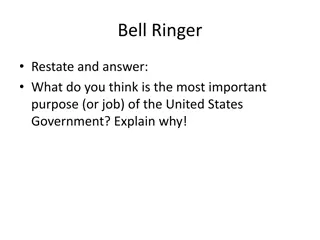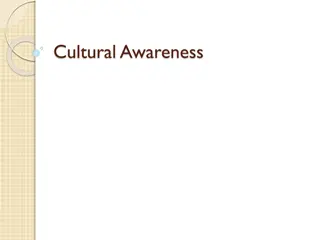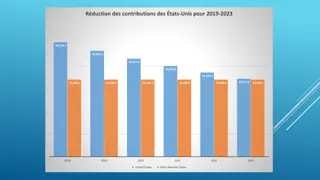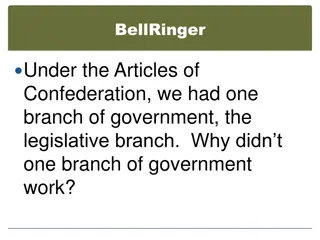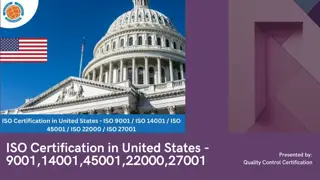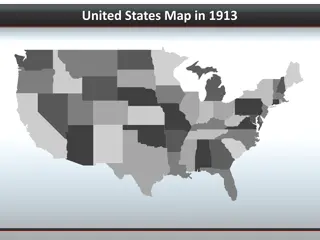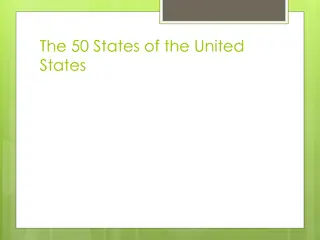Origins of Government Power in the United States
The U.S. government derives its power from the consent of the governed, reflecting principles of popular sovereignty, general will, and majority rule. Philosophers like Hobbes, Locke, and Rousseau have influenced the concept of government's legitimacy through the consent of the people. The evolution of the U.S. Constitution from initial drafts to the finalized preamble highlights the emphasis on the people's role in delegating powers to both state and federal governments.
Download Presentation

Please find below an Image/Link to download the presentation.
The content on the website is provided AS IS for your information and personal use only. It may not be sold, licensed, or shared on other websites without obtaining consent from the author.If you encounter any issues during the download, it is possible that the publisher has removed the file from their server.
You are allowed to download the files provided on this website for personal or commercial use, subject to the condition that they are used lawfully. All files are the property of their respective owners.
The content on the website is provided AS IS for your information and personal use only. It may not be sold, licensed, or shared on other websites without obtaining consent from the author.
E N D
Presentation Transcript
Amending the Constitution -Article 5-
From where does the U.S. government derive its power? Consent of the Governed Hobbes-from more than consent or concord of the governed, but unity of every persons will in one person or assembly of people in once voice and submission of will. Locke-from each persons consent and the consent of the majority by themselves or representatives, especially in taxation of property (no taxation without representation). Rousseau-from the social contract or compact created by the general will of the majority, which is not invalidated by individual opposition, but supported by the protection of peaceful, civil liberty at the expense of losing violent, individual natural liberty. Consent of the governed=popular sovereignty=general will=majority rule- is the only just source of power for government, deriving such power from the natural rights of the people to rule themselves in nature, through the social compact and representative democracy to escape the inconveniences (violence) of nature.
The Preamble (1st Draft) We the people of the States of New-Hampshire, Massachusetts, Rhode-Island and Providence Plantations, Connecticut, New-York, New-Jersey, Pennsylvania, Delaware, Maryland, Virginia, North- Carolina, South-Carolina, and Georgia, do ordain, declare and establish the following Constitution for the Government of Ourselves and our Posterity.
The Preamble (Committee of Style) We the People of the United States, in Order to form a more perfect Union, establish Justice, insure domestic Tranquility, provide for the common defense,promote the general Welfare, and secure the Blessings of Liberty to ourselves and our Posterity, do ordain and establish this Constitution for the United States of America.
Patrick Henry of Virginia, criticized the opening lines of the Constitution at the Virginia ratifying convention: Who authorized them to speak the language of We, the people, instead of We, the States? States are the characteristics and the soul of a confederation. If the states be not the agents of this compact, it must be one great, consolidated, national government, of the people of all the states.
Edmund Pendleton replied: who but the people can delegate powers? Who but the people have a right to form government? Similarly, John Marshall declared that both state and federal governments derive their powers from the people, and each was to act according to the powers given it. Echoing these themes at the Pennsylvania Ratification Convention, James Wilson defended the We the People language, arguing that all authority is derived from the people and that the Preamble merely announces the inoffensive principle that people have a right to do what they please with regard to the government.
The Preamble This introduction states why the constitution was written. to form a more perfect union (states cooperate and work together) :recognize drivers licenses, marriage licenses, do business across state lines, pay taxes, help each other establish justice (equality and fairness of law for everyone): fair courts & police, right to an attorney, rights of the accused, due process, no racial profiling, no police brutality insure domestic tranquility (peace at home in the U.S.) no riots, no crime, no domestic violence, no wife beating, bullying, or fights, good policing, education, social programs, calm and quiet
The Preamble This introduction states why the constitution was written. provide for the common defense (protection from war and terrorism) :army, navy, air force, marines, CIA, military treaties, Homeland Security, border security promote the general welfare (protect the well being of people) :safe water, food, medicine, schools, roads, hospitals, trash pickup, assist the poor & unemployed secure the blessings of liberty to ourselves and our posterity (guarantee our rights and our children s rights, for all future generations) :amendments, civil rights laws, hate crime laws, right to an attorney, court systems, due process, lawsuits, judicial review (finding laws unconstitutional)
3 delegates to the convention refused to sign the Constitution without a Bill of Rights included George Mason (Virginia) Elbridge Gerry (Massachusetts) Edmund Randolph (Virginia)
The Bill of Rights Most of the U.S. Bill of Rights was created by James Madison, who copied much of the content from Magna Carta (1215), and the English Bill of Rights created in 1689.
Purposes of the Bill of Rights To protect the rights of the states To protect individual rights To specifically state the rights of the people To protect us from actions of the majority imposing their will on the minority, or a minority imposing its will on a majority To limit the power of the national government To maintain the rule of law To ensure ratification of the Constitution To make people feel more comfortable with the Constitution 1. 2. 3. 4.
Madison had helped to write the Virginia Bill of Rights Madison wrote 20 original amendments. 2/3 of The House approved 17 amendments. Of these, 2/3 of the Senate approved 12, which were sent to the states for approval in August 1789. Ten amendments were approved (or ratified) by of the states. Virginia s legislature was the final state legislature to ratify the amendments, approving them on December 15, 1791 What we call the Bill of Rights are actually not rights, but Civil Liberties that free us from actions by the government or force the government to behave in certain ways if they want to take our freedoms away. Civil Rights protect us from discrimination by each other, and local authorities.
Federalists Anti-Federalists Demanded a Bill of Rights Supported the Constitution with no Bill of Rights Arguments against a Bill of Rights Arguments for a Bill of Rights Lots of rights are unguarded in British law (Magna Carta is an old, outdated 13th century document) why start now? States already enforce most rights Rights are more in danger from factions of people than from government Rights are reserved powers for the states Constitution can be amended Congress has too much power! They will pass laws to restrict states! Amending is too difficult! Leaders are corrupt and seek power! State laws protecting rights will be crushed! The national government is so powerful that is must be limited by guaranteed rights to citizens.
